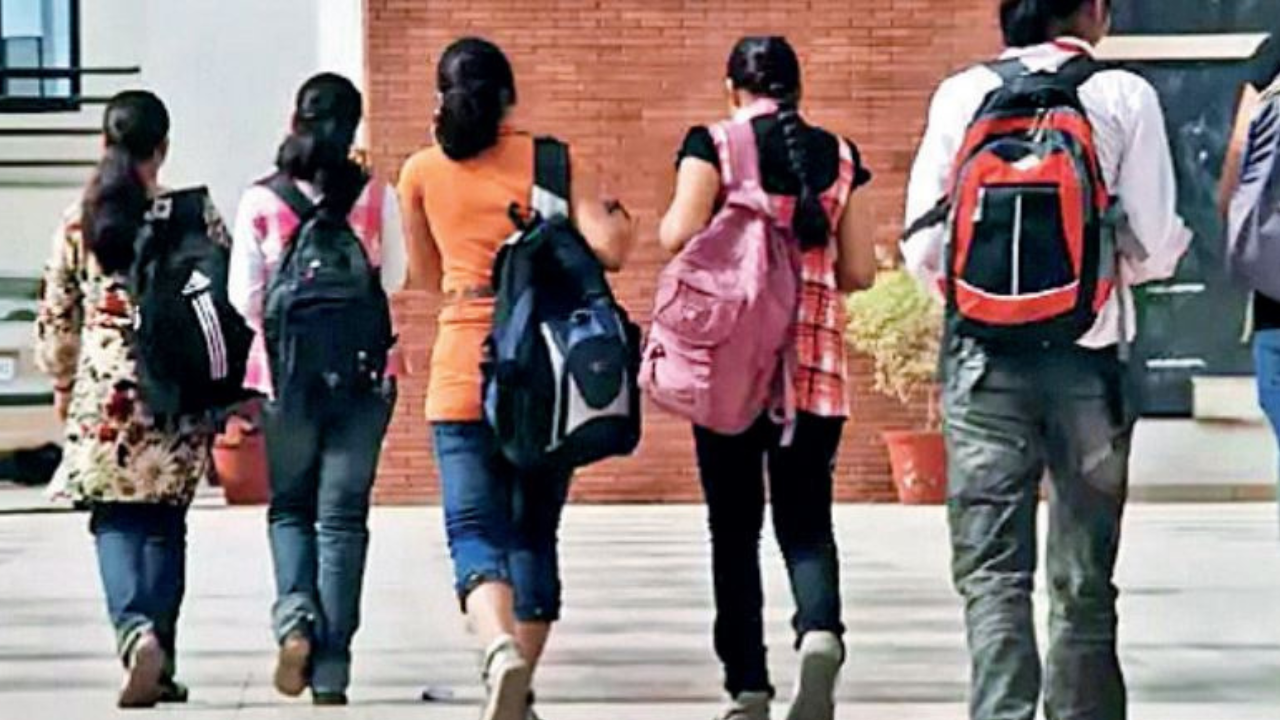LONDON: A total of 924 current and former students of University College London (UCL), including 14 Indians in India, have partially won the first battle in their damages claim against UCL over Covid disruptions and lecturer strikes.
Senior master Fontaine handed down judgment in the high court here on Monday in the first Student Group Claims — this one against UCL — in which students are seeking thousands of pounds in damages for Covid and strike-related disruption to their studies.
Fontaine agreed to stay the proceedings for eight months but did not make a mandatory order for the claimants to engage in alternative dispute resolution (ADR), rather an order for a stay to encourage the parties to mediate. She gave permission for either side to ask the court to cut the stay short after four months if progress is not being made.
UCL had called for the litigation to be stayed for a period of time to allow students to complain through the UCL complaints process followed by the ombudsman, the Office of the Independent Adjudication (OIA), if needs be.
The Student Group Claim is a class action by around 120,000 current and formerdomestic and international students seeking damages of hundreds of thousands of pounds against over 100 British universities for Covid and strike-related disruption between 2018 and 2022. They have instructed Harcus Parker and Asserson.
Ryan Dunleavy, partner at Harcus Parker, said: “If the claims are not settled, they will proceed to trial. The students’ argument that they had a right to access the court system has been vindicated.”
The students paid between £9,250 and £40,000 per year for lessons that were cancelled or moved online and had restricted access to campus facilities as a result of lockdown restrictions or lecturer strikes.
At the hearing on May 23 the students said they considered the OIA scheme to be inappropriate for their complaints as it lacks legal analysis and only conducts a fair and impartial review of a complaint against a university.
“There is a genuine, and in my view, not unreasonable, concern that neither the UCL complaints procedure nor the OIA referral process are equipped to deal with the number of complaints likely to be made in a reasonable time frame,” Fontaine said.
She also said she was concerned thatOIA would only look at whether UCL had been “reasonable in deciding to put teaching online in response to strike action or the pandemic… without considering the effect upon the students, who were asked to pay the same fees for the more restricted delivery of courses online as they would pay for delivery of such courses in person, where there would also be physical access to facilities on the university premises”. And if this happened, “then ADR through the OIA scheme is likely to be unproductive”, she said.
Professor Kathleen Armour, UCL’s vice-provost (education and student experience), said: “We still believe our complaints procedure represents the most efficient, cost-effective and swiftest way for students to resolve their complaints.”
Senior master Fontaine handed down judgment in the high court here on Monday in the first Student Group Claims — this one against UCL — in which students are seeking thousands of pounds in damages for Covid and strike-related disruption to their studies.
Fontaine agreed to stay the proceedings for eight months but did not make a mandatory order for the claimants to engage in alternative dispute resolution (ADR), rather an order for a stay to encourage the parties to mediate. She gave permission for either side to ask the court to cut the stay short after four months if progress is not being made.
UCL had called for the litigation to be stayed for a period of time to allow students to complain through the UCL complaints process followed by the ombudsman, the Office of the Independent Adjudication (OIA), if needs be.
The Student Group Claim is a class action by around 120,000 current and formerdomestic and international students seeking damages of hundreds of thousands of pounds against over 100 British universities for Covid and strike-related disruption between 2018 and 2022. They have instructed Harcus Parker and Asserson.
Ryan Dunleavy, partner at Harcus Parker, said: “If the claims are not settled, they will proceed to trial. The students’ argument that they had a right to access the court system has been vindicated.”
The students paid between £9,250 and £40,000 per year for lessons that were cancelled or moved online and had restricted access to campus facilities as a result of lockdown restrictions or lecturer strikes.
At the hearing on May 23 the students said they considered the OIA scheme to be inappropriate for their complaints as it lacks legal analysis and only conducts a fair and impartial review of a complaint against a university.
“There is a genuine, and in my view, not unreasonable, concern that neither the UCL complaints procedure nor the OIA referral process are equipped to deal with the number of complaints likely to be made in a reasonable time frame,” Fontaine said.
She also said she was concerned thatOIA would only look at whether UCL had been “reasonable in deciding to put teaching online in response to strike action or the pandemic… without considering the effect upon the students, who were asked to pay the same fees for the more restricted delivery of courses online as they would pay for delivery of such courses in person, where there would also be physical access to facilities on the university premises”. And if this happened, “then ADR through the OIA scheme is likely to be unproductive”, she said.
Professor Kathleen Armour, UCL’s vice-provost (education and student experience), said: “We still believe our complaints procedure represents the most efficient, cost-effective and swiftest way for students to resolve their complaints.”
